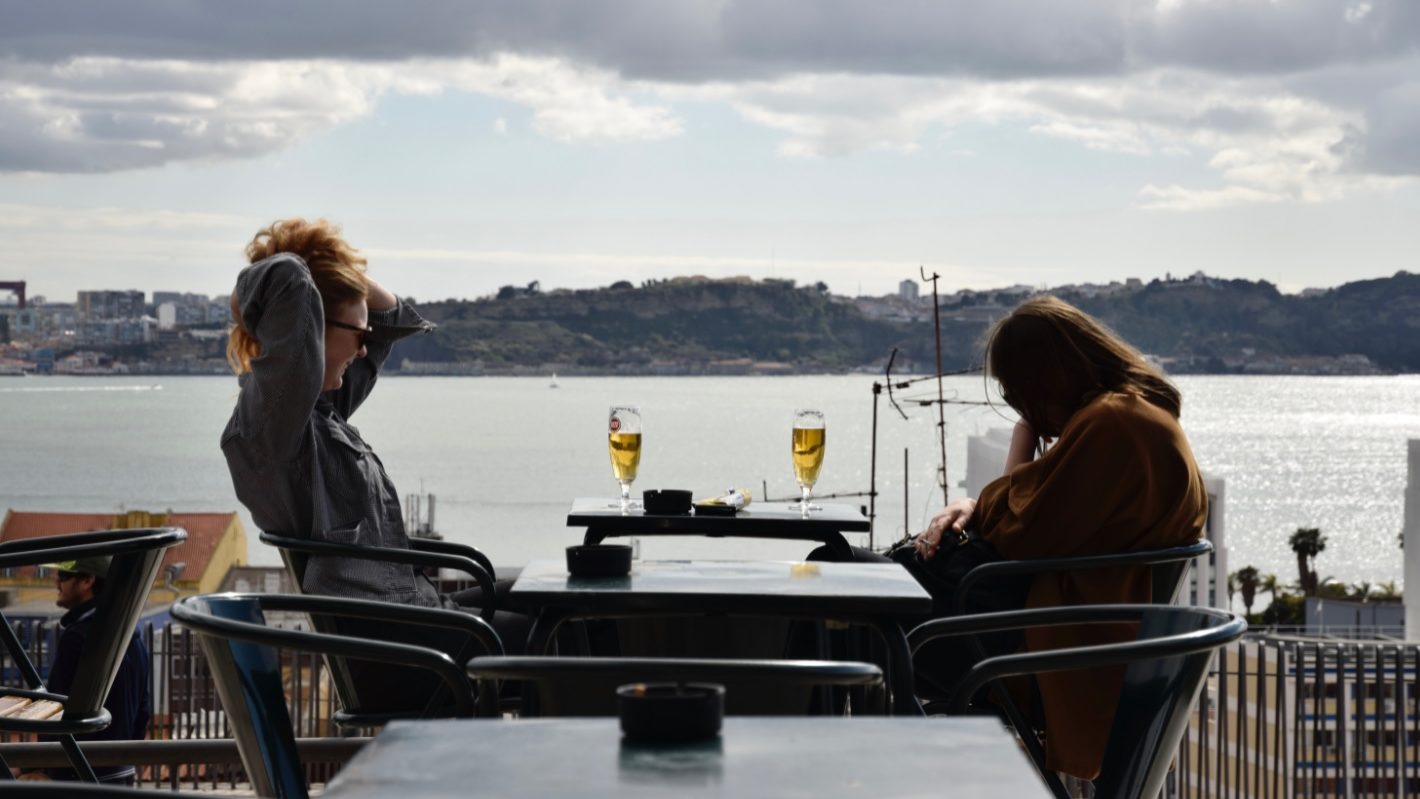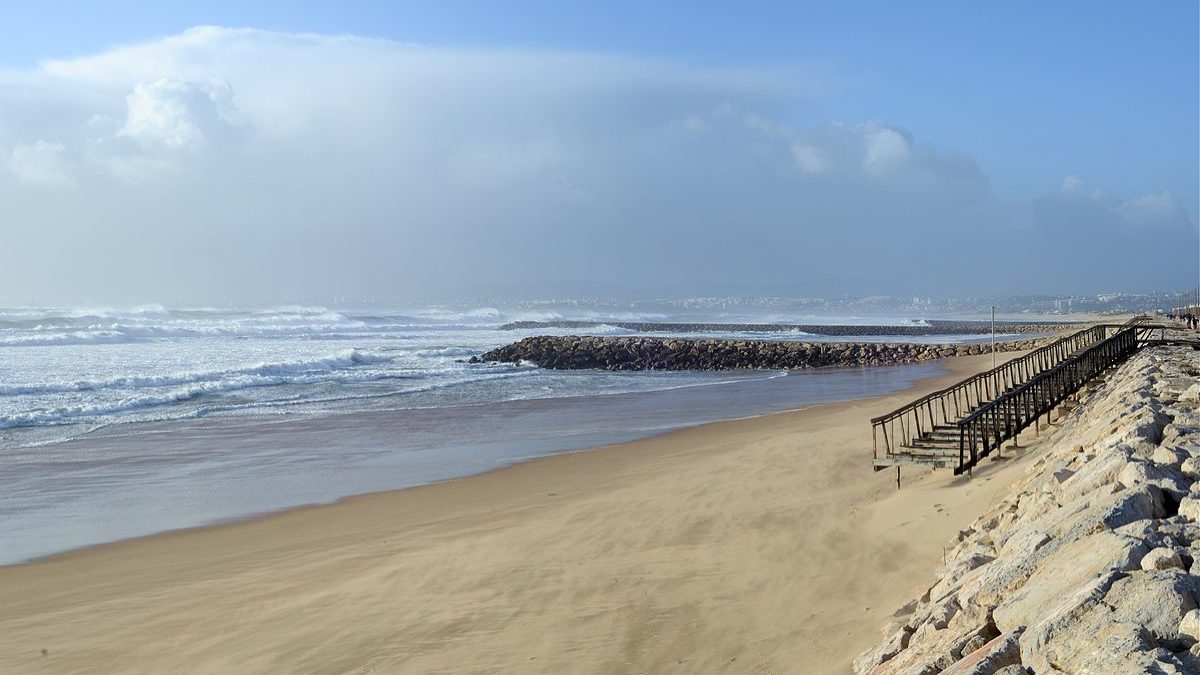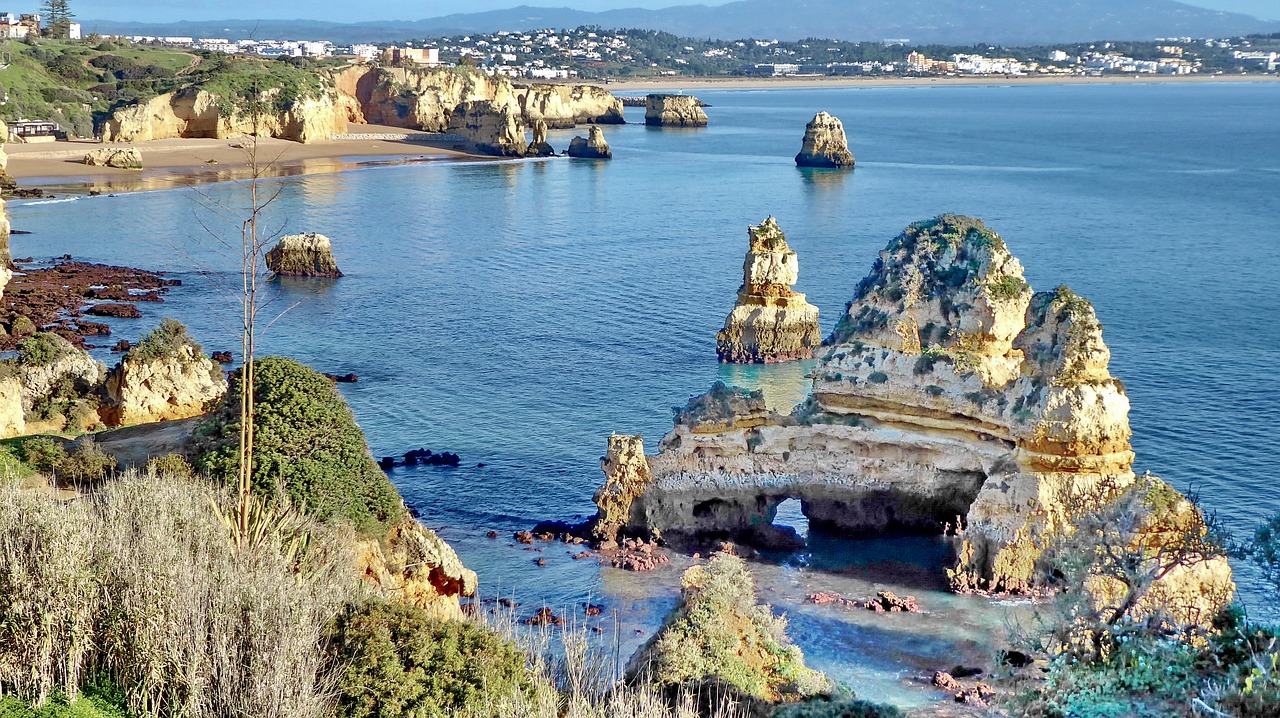Tourists better off in the Alentejo than on Broadway, New York
The Alentejo region wants to attract tourists this summer and is working on the health certification of the sector (created during the coronavirus crisis).
The Alentejo wants to attract national tourists this summer and is working on the health certification of the sector, so that visitors prefer holidays in Serpa (Beja) or Alegrete (Portalegre) rather than on Broadway in New York.
“It is logical that, this summer, we will have only domestic tourism. It will be very difficult for international tourism to have any kind of recovery at this stage,” António Ceia da Silva, president of the Alentejo and Ribatejo Regional Tourism Entity (ERT), told Lusa.
The Alentejo “has a horizon, space, tranquillity, it doesn’t have a big crowd of people. I would say that a tourist nowadays would rather go to a rural tourism resort in Serpa”, in the district of Beja, “or in Alegrete”, in the municipality and district of Portalegre, “than go to Broadway, in New York”.
“The reopening” of the tourism sector, both in terms of accommodation and restaurants and entertainment, “will emerge during the summer, in a progressive way” and that the territories he leads are already “prepared to launch an internal tourism campaign.
But to attract tourists, “health safety will be decisive”, he warned, highlighting that Alentejo and Ribatejo are already working on “health certification”, with the Universidade Nova, hotels, restaurants and entertainment companies.
As an example, he pointed out that as a result of this work, which will also have to include the health authorities, it will be decided “whether the hotels open every other room or every other floor”, which depends on their size, “and how many restaurants there are”.
“There are matters that have to be worked on now, in May and June, so that in the summer we can have some expectations of receiving Portuguese tourists”, but these will only come with these “security issues, such as the use of masks in all units, the cleaning and sanitization of spaces and the creation of properly confined areas on the beaches”, he noted.
With an Atlantic coastline stretching for 43 kilometres, the municipality of Grândola, on the Alentejo coast, lives essentially from the tourist sector, which in recent years has gained new life with its investment in hotels, which could suffer significant falls, according to the local mayor.
“We have hotels, not only beach hotels, but also rural ones, some of them with occupation throughout the year, which had to close and this leaves us very worried. Even if they open in June, with special conditions, it won’t be the same,” António Figueira Mendes, mayor of Grândola (Setúbal district) told Lusa.
In the interior of Alentejo, the city of Évora, whose historic center is a UNESCO World Heritage Site, is part of the main tourist routes of the region, but since March, the streets are “practically deserted,” stressed the local mayor to Lusa.
Carlos Pinto de Sá said he believes the restrictions may begin to be lifted in May, but he warned that “summer will be difficult for everyone,” because “there will not be any immediate foreign tourists” and the tourist influx “will increase little by little, especially with Portuguese.
“Probably tourism, as we’re used to, will only come when the vaccine is discovered and starts to be used. We’ll have very worrying months from the point of view of the fall in economic activity, and particularly tourism”, he pointed out.
According to the Directorate-General for Health (DGS) in the Alentejo, there are 189 confirmed cases of infection, and registration of a death associated with Covid-19.


